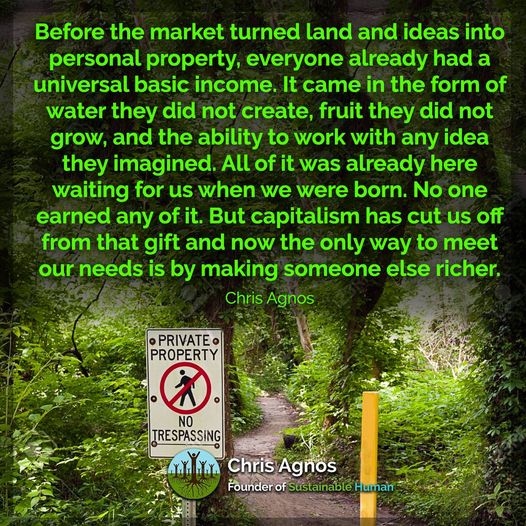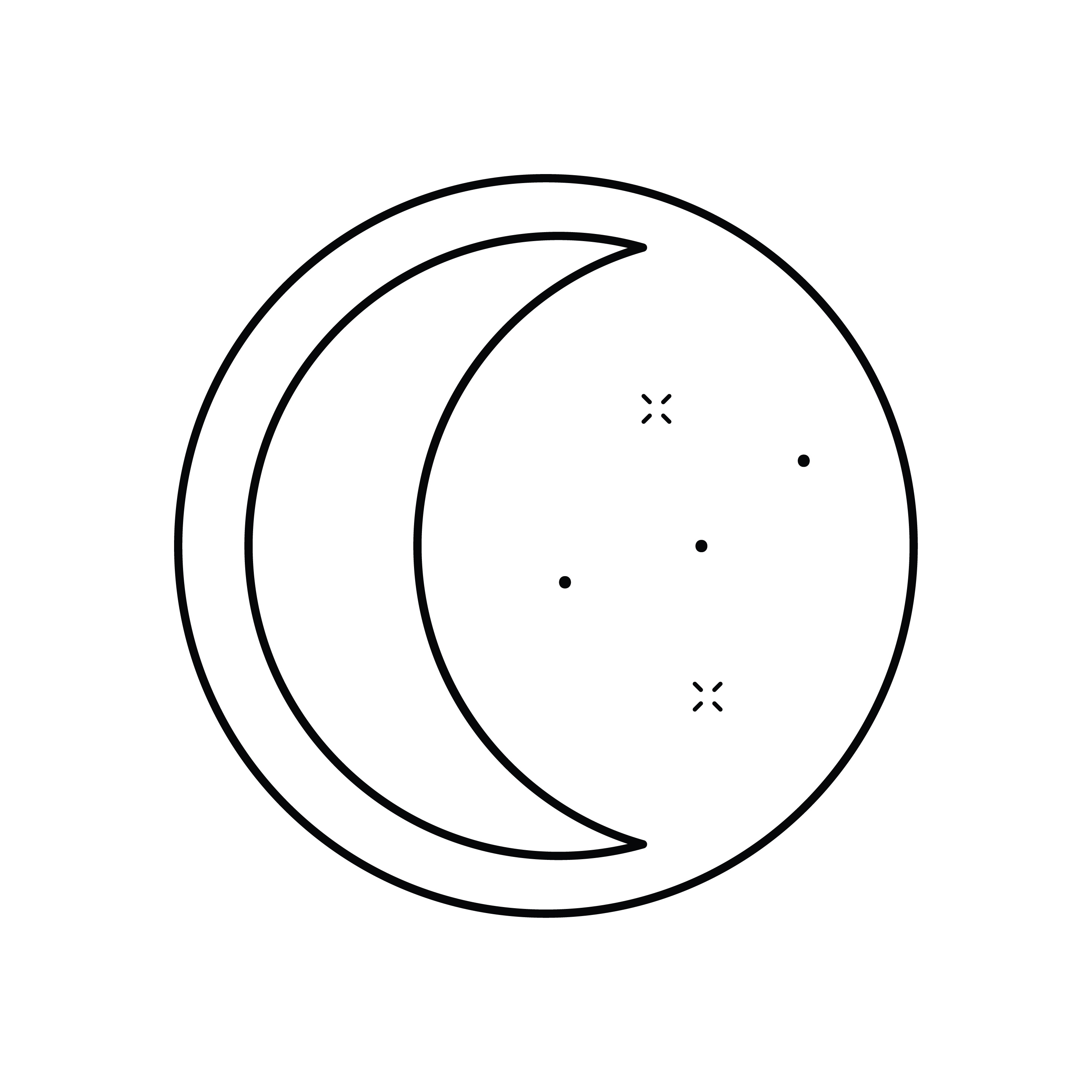
Original post from April 10, 2021
Among the ideas I want to introduce to my Hebrew-speaking audience, one of the most misunderstood is Universal Basic Income, or UBI for short. UBI means that everyone is entitled to a fixed income that is enough to cover our basic needs – without extras, but also without fear of hunger or of losing the roof over our heads. Here in Israel, it feels this idea has no chance. We already have a lot of resentment against groups that are supported by the state instead of shouldering their share of the burden of livelihood, and now there is added frustration that people do not want to return to work after being on leave during Covid. So I know the counter arguments, but I want to try to explain a bit what UBI is, why even consider it, and how it relates to everything else I’ve been writing about here. (I’m not sure this is possible in one post, but I’ll try.)
First of all, it has to be understood that Universal Basic Income provides sufficient means for universal basic needs, thus replacing most other benefits. This results in a huge reduction in the bureaucracy required to examine (again and again) who is eligible and for how much, reducing complication, costs, uncertainty, and humiliation. Eliminating most other benefits, and the cost involved in their administration as well as payments, also makes UBI cost much less than it would have seemed. (About the only thing it would not replace is health coverage for conditions that entail extra expenses.)
Today, few of us work at jobs that are not solely, or at least primarily, for pay. That is, we engage in work that we have little or no interest in and we would not choose to do it if it we did not need to earn a living. This is not necessarily related to the actual content of the work – many activities are considered work when they are wage labor done for someone else, and are considered a hobby or are not considered at all when done for ourselves, for example cooking, cleaning, childcare, repairs, gardening, building things, art. These are considered work when the motivation is external rather than internal – the need for the money it will earn rather than desire for the activity’s direct result. A universal basic income is a way to free people to engage in work that is meaningful to them (out of internal motivation), recognizing that meaningful work is the basis for a meaningful life, but is not always sufficiently financially rewarding for us to be able to engage in it. It claims that if we free people to engage in activities they care about, better things will be done, the distribution of power will be fairer, and we will appreciate more the “unskilled” labor that is done for us as a society. It bets on decentralizing the decision of what is valuable work.
One of the most common arguments against UBI is, “What about all the people who don’t want to work? What about those who won’t choose to contribute to the economy at all and will just live off the basic income? What if there aren’t enough people who agree to meet society’s needs, to grow, pick, and distribute food, to become doctors, to collect garbage, to clean?”
The answer reveals how Universal Basic Income relates to the other ideas I’ve been writing about. Unlike unemployment benefits, basic income is not canceled when working, whether full or part-time, as an employee or self-employed. Given UBI, not everyone will choose to return to the same occupation. It also makes it clear that some positions will need to be compensated far more generously to attract workers. The argument – and it’s a central one – is that this is a far more accurate reflection of the true value of those services, and thus will reduce economic inequality. In places where a universal basic income was tried, findings included an increase in entrepreneurship, health, education, and well-being, and a decrease in stress, but not a significant decrease in work.
Universal Basic Income is also based on faith in people, but it recognizes that the existing economy is broken, that providing everything the current economy allows is a disaster in terms of both ecology and well-being.
Another objection is, “There’s no such thing as a free lunch. Everyone has to work to survive.” But to repeat one of my central messages, most of life is a free lunch – we didn’t earn the oxygen we breathe or the clean water that blesses this world, the fertile soil that can grow our food, or the microbiome that allows us to digest it, just for starters. Anyone who thinks he is a “self-made man” – that he alone created his success by his own efforts – is not only forgetting anyone who took care of him as a baby, but also the Great Mother who continues to provide for his needs with every breath.
I’m not saying that survival doesn’t require work. The claim that Universal Basic Income challenges is that people will not work of their own volition, without the threat of running out of basic needs. On the contrary, it says, people yearn for good and meaningful work. This contradicts our entire economic-existential paradigm and invites us to look at another possibility – that may actually be the best thing about it.
